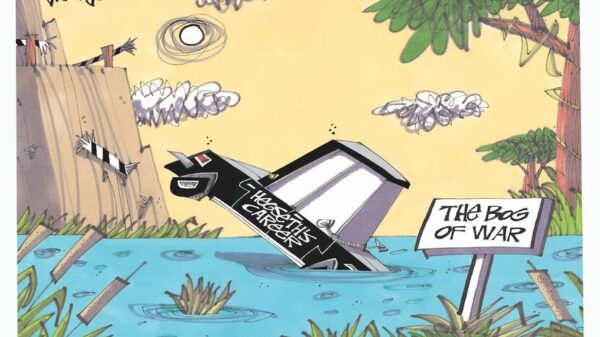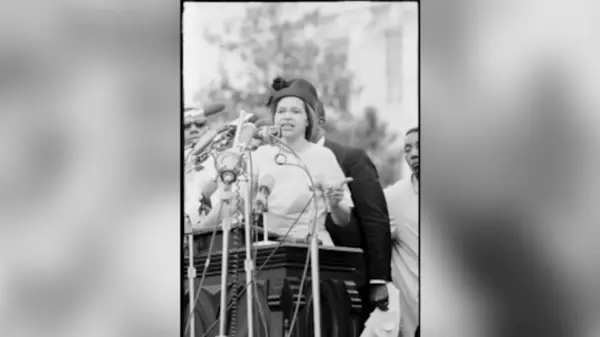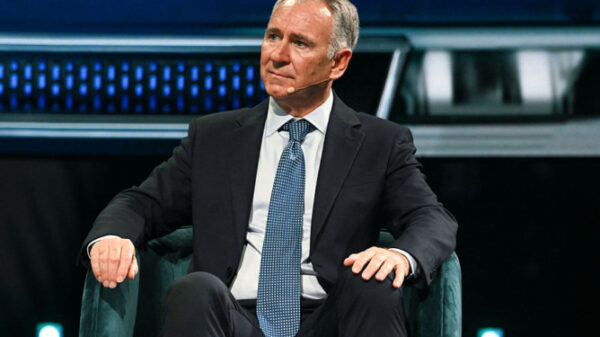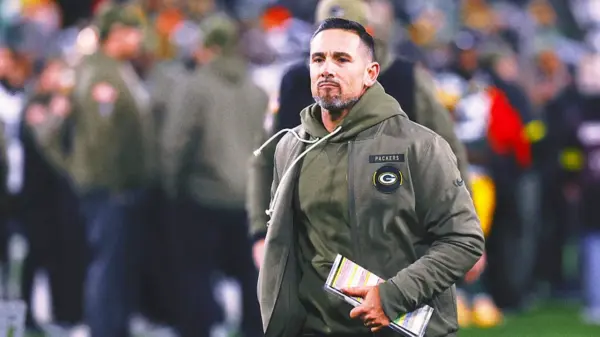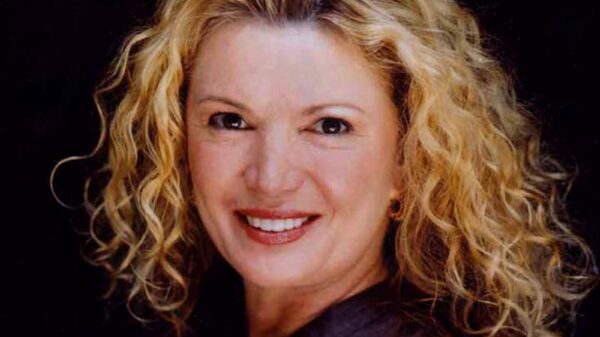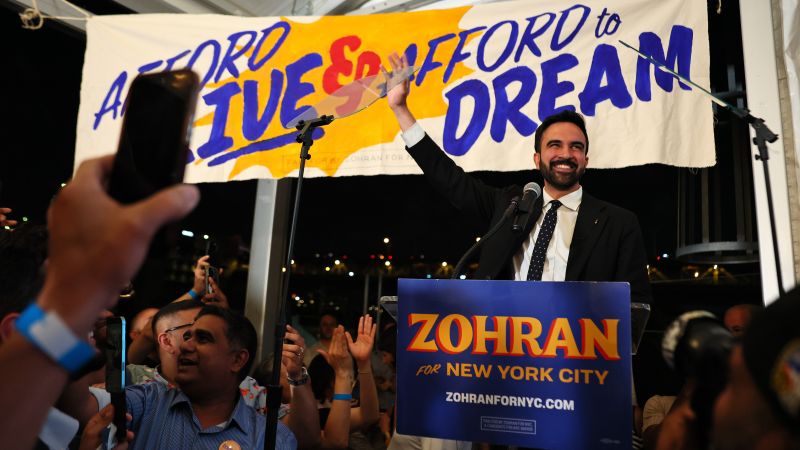In a bold political maneuver, Democratic socialists in New York City, invigorated by Zohran Mamdani’s recent mayoral primary victory, are setting their sights on five House incumbents. At the forefront of their list is Hakeem Jeffries, the House Minority Leader, who is openly challenging them to proceed with their plans.
Jeffries’ political team has coined the term “Team Gentrification” for those threatening his position. This nickname underscores the demographic shift seen in Mamdani’s support base, which, according to unofficial election data, consists largely of younger, wealthier, and predominantly White progressives. This shift has sparked tensions among long-standing Democratic politicians in New York City, who feel pressured to adapt to a rapidly changing political landscape.
Progressive Momentum and Political Strategy
Mamdani’s allies, including influential figures from the Democratic Socialists of America (DSA) and the Working Families Party, are contemplating primary challenges against Jeffries and other incumbents such as Reps. Ritchie Torres, Jerry Nadler, Dan Goldman, and Yvette Clarke. In all but Torres’ district, Mamdani and city comptroller Brad Lander, who were cross-endorsed in the ranked-choice mayoral primary, garnered more votes combined than Andrew Cuomo in the initial voting round.
Ashik Siddique, a national DSA co-chair, highlighted Mamdani’s grassroots beginnings, emphasizing that his recent win is a “proof of concept” for future races. Despite the growing momentum, Mamdani has remained silent on whether he supports these potential challenges.
Incumbents Brace for Battle
Members of Congress, along with their advisors, express confidence in their ability to fend off any challenges, citing their deep community ties and robust political operations. They acknowledge the democratic right for anyone to run but dismissively react to comments like those from Bronx state senator Gustavo Rivera, who suggested that incumbents opposing Mamdani should be cautious.
Jeffries, in particular, has been vocal about his stance, warning that any attempt to unseat him would be met with a strong counteroffensive targeting the democratic socialists in the state legislature. André Richardson, a senior adviser to Jeffries, stated, “If Team Gentrification wants a primary fight, our response will be forceful and unrelenting.”
Historical Context and Current Dynamics
Jeffries has a history of challenging progressive opponents, having previously defeated a socialist contender in the 2012 primary with a commanding 71% of the vote. His leadership style has often been criticized by the city’s far-left factions, who label him a moderate and question his corporate fundraising ties.
“His leadership has left a vacuum that organizations like DSA are filling,” said Gustavo Gordillo, co-chair of New York City’s Democratic Socialists of America chapter.
State Sen. Jabari Brisport, representing parts of Brooklyn, echoed these sentiments, suggesting Jeffries is out of touch with the district’s progressive base. Despite these criticisms, no challenger has yet emerged to take on Jeffries.
Nadler and Other Incumbents Respond
Among the incumbents, Jerry Nadler stands out as the only one to endorse Mamdani post-victory. Nadler, a seasoned political figure, aims to signal unity within the Democratic ranks while also preparing for any potential challenges. Despite his age and past health concerns, Nadler remains confident in his progressive record.
Efforts are underway to encourage city comptroller Brad Lander to challenge Dan Goldman, whose district showed strong support for Mamdani. Meanwhile, Yvette Clarke, whose district was nearly split between Mamdani and Cuomo, downplays the socialist influence, attributing Mamdani’s success to his messaging rather than political ideology.
Broader Implications and Future Outlook
The ripple effects of Mamdani’s victory extend beyond primary challenges. Justin Brannan, a former city comptroller candidate, is reconsidering a run against Republican Rep. Nicole Malliotakis, highlighting the potential for Democratic gains in traditionally conservative areas.
Jamaal Bowman, a former congressman, advises Democrats to embrace Mamdani’s strategy of appealing to younger, diverse voters rather than clinging to moderate positions. However, he acknowledges the challenges of unifying the party’s various factions.
As the political landscape in New York City continues to evolve, the Democratic establishment faces the task of reconciling with a burgeoning progressive movement. The coming months will be crucial in determining whether these primary challenges materialize and how they will shape the future of the Democratic Party in one of the nation’s most influential cities.


